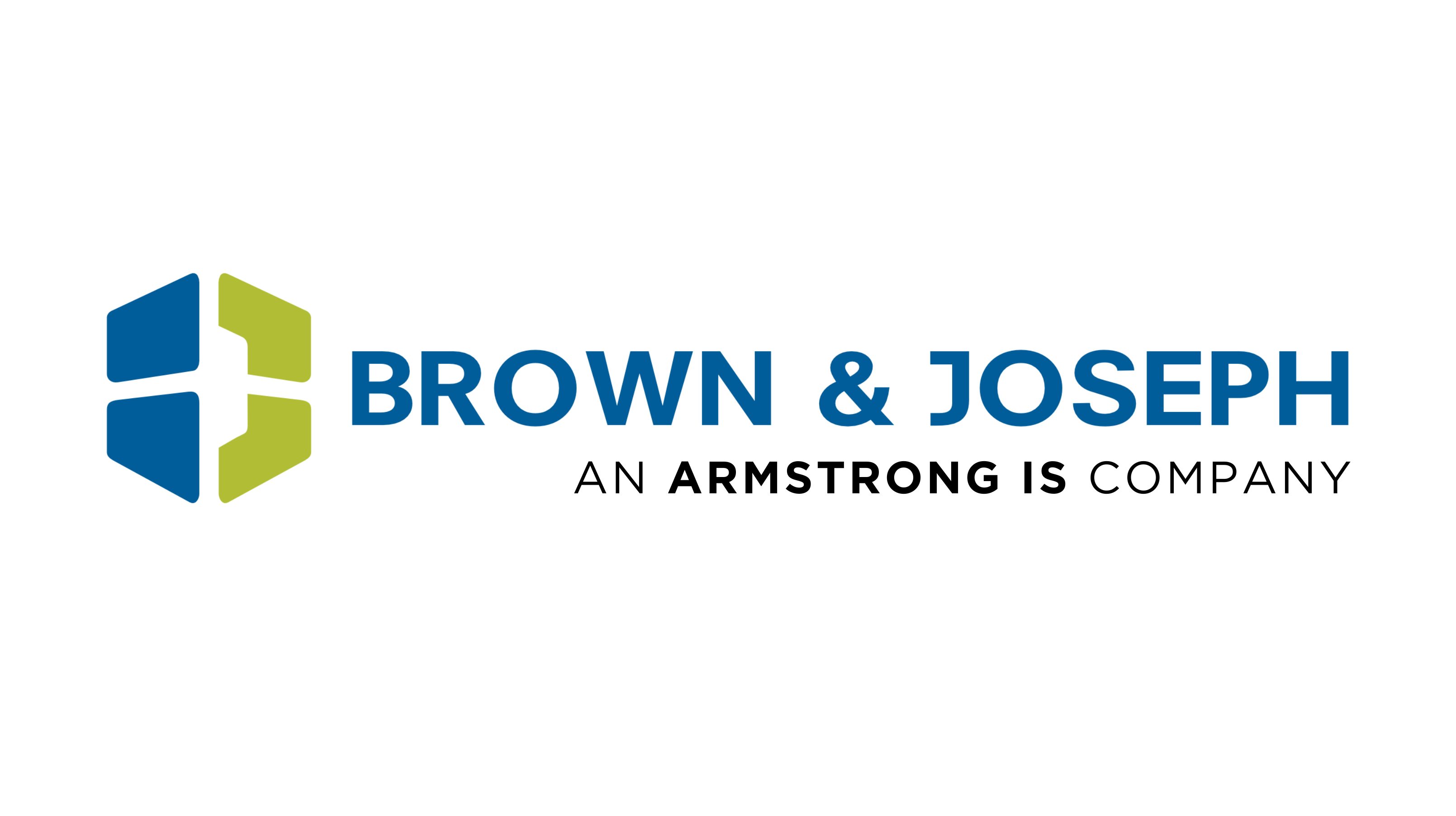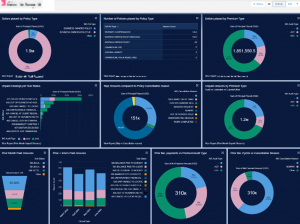Introduction
There are over 8,000 debt collection agencies operating in the U.S. today.
If you need to hire a debt collection vendor, make sure you hire the right one.
First and foremost, think carefully about the type of relationship you want.
It’s extremely important that the agency you choose can work with your team in a way that will meet your needs.
There are thousands of collection agencies throughout the U.S. and all can be very different when it comes to knowledge of your industry, communication, and approach.
What look for in a collection vendor
Expertise
Collection agencies should be expected to have complete expertise in your industry. If collections pertain to insurance product lines, you want a company that knows audits, earned premiums, deductibles, and bonds and can explain it in detail to your former customer how the balance was generated.
It serves no purpose for you to simply have them call and demand payment. It is important that your collection agency explains the amount due (premium or non-premium) the same way as an agent would by educating your customer.
This same philosophical approach is needed in other industries as well. Collection agencies should uphold the same business standards as you do when representing your company policies without alienating your customers.
Good Communication
You should be able to communicate with your sales representative and outline your company’s needs and expectations.
This can be done by the agency providing you with detailed reports such as status reports, recovery analysis reports (which provides information based on the age of the accounts) and a remittance statement of payments received each month.
Online open access is a great asset to expect from your agency. It allows you to review accounts through the agency’s website in real-time.
File Reviews
Have your sales representative host a quarterly review meeting. This is a good time to bring up questions or concerns regarding your account.
Consistent communication with your sales rep/operations builds trust and should provide proof that your agency is staying on top things and you are collaborating on best practices.
Inventory Updates
Besides your sales representative, your agency’s client services department plays a major role in keeping you informed about your inventory.
They will advise you of payments, disputes or additional requests needed to resolve an account. These are all factors in the success of building a positive relationship with your agency.
Litigation Services
When all collection efforts have failed, the agency should inform you of a final option based on the balance amount and if litigation is necessary.
They should provide you with a detailed summary which gives you information such as financial statements and asset information to make your decision the correct one.
If the collection agency has an onsite law office, then you will have the best recommendations possible, as this will reduce additional expenses instead of approving an account for a suit at a higher contingency rate.
Your delinquent customer will likely pay a balance if they receive a letter and call from an attorney. This increases recoveries without increasing contingency fees associated with litigation assignments.
Standard Operating Procedures (SOP)
Your collection agency should have standard operating procedures available for you to review.
Security
Collection vendors should have excellent cybersecurity to protect client information and handle online payment securely.
Check on their website and ask about what security measures the company takes to protect private information.
Compliance
When hiring a collection vendor, verify that the agency has sufficient licensure.
Each state has certain rules for debt collection agencies. It’s important to verify that your agency is up-to-date on the required compliances and certifications for each state.
A few to look for are:
- SSAE18 Type II SOC 1
- PCI DSS
- Health Insurance Portability and Accountability Act (HIPAA)
- Fair Debt Collection Practices Act (FDCPA)
Over half of the country’s collection agencies are not licensed to collect money in all 50 states.
If a consumer knows that a collector is using illegal collection practices, they won’t hesitate to take you to court.
Skip Tracing Department
The best collection agencies use a tactic called skip tracing to locate debtors who have moved or “skipped” town.
Skip tracers use various resources like databases and public records to locate contact information for debtors who have been unresponsive to calls, letters or emails.
Second Placements
Some agencies will take anything returned by your first agency as uncollectible and attempt to collect on it.
These accounts are known as 2nd placements.
Ask a few different agencies about doing a test drive to see how well they perform on your 2nd placements, then compare the results.
You Get What You Pay For
The truth of the matter is that when you are selecting a collection agency, you get what you pay for. When an agency offers a low contingency fee, there is a reason. Anyone in business knows that there is a cost to doing business.
So if an agency has a low fee, it means that they have to cut corners on their operating costs somewhere.
For example, it may be that instead of skip tracing to find a good phone number, they close your file as noncollectable when they reach a phone number that is disconnected.
On the flip side, you don’t want an agency that will price gouge you and not perform to your expectations. You want a fair price and the agency to perform their due diligence.
If you send the agency 100 accounts, their rate of recovery on those accounts should give you a clear indication as to their due diligence, which could dictate the price.
Try this: Look at the returns you’ve seen previously and give them your expectation for the percentage of files you expect them to recover at a regular rate.
If they exceed your expectations, offer a bonus. If the collection agency you are talking to hesitates on the idea of a potential bonus for your recovery rate benchmark, don’t think twice, keep looking for another agency.
Conclusion
Managing the accounts receivables process closely and anticipating customers’ needs is an important part of making sure the customer experience is favorable.
Make sure you find the right collection partner to fit your company’s needs by shopping around.
Check out a few different vendors and see which industries they specialize in and which you feel would be a good fit.
Some agencies work more with small businesses, while some do better with large companies.
When choosing a collection vendor, be sure to ask the right questions so you can make a wise (and profitable) choice.





